
Over the years, I've found clear communication to be one of the most important factors in giving players the best opportunity to succeed. When coaching youth soccer, taking the time to communicate your philosophy and expectations to the player's parents gives everyone the chance to be on the same page right up front.
I'm coaching a U13 girls team this fall and recently put together an initial letter to the parents. I asked them to share the letter with their daughters as well so that they could encourage and hold each other accountable throughout the season. Please feel free to borrow any parts of the letter that you might find useful. I'd also love to hear any other ideas from coaches or parents on how to build productive parent/coach/player relationships.
Following is the letter:
Dear U-13 Parents,
I know that everyone is quite busy finishing up the summer and getting ready for the new school year and all of the activities that go along with that as well. As such, I figured it might be easier for me to convey my thoughts on the soccer team by email rather than taking more of your time to get everyone together for yet another parent meeting.
To begin with, I want to thank our team manager for her wonderful efforts in dealing with everything off the field so that I can focus primarily on coaching. Please continue to direct all logistical questions/issues her way. She and I are in close contact and I can assure you she will pass along anything she thinks I might want or need to know.
In addition to school, I know that many of your daughters are involved in other activities than soccer. However, with only two training sessions per week, there is a lot to do in our limited time together. My plan is to run dynamic sessions designed to teach as much as possible in a very short period. Consequently, regular attendance at each session will be crucial to your daughter's ability to keep up with the pace.
The main focus this year will be on technical ability under pressure, speed of play (individual and team) and overall individual development. I will also be pushing the girls to get out of their training and playing comfort zones so that they can grow as athletes and as young ladies. My assessment thus far is that we need to make significant strides in these areas and our success will be determined thusly. Game results independent of these factors will not be a priority at all for us this season. In fact, there may be times that I make coaching decisions that could negatively impact game results in order to achieve our more primary goals. I have attached a short article I wrote a couple years ago further explaining my philosophy. Please take a minute to read it when you have some free time. Having each of you on the same page with what we are working to accomplish will go a long ways to heighten each player's chances of success.
I very much appreciate the support you have all shown the team thus far. One of the best ways you can continue to create a growing environment for your daughter and each of her teammates would be to focus on two simple things:
- Please do not coach or give direction from the sidelines (ie. yelling "shoot", "pass", "get wide", "dribble", etc.). This will only serve to slow down the development of each player's decision-making process, distract them from the task at hand, and reduce their enjoyment of playing the game.
- Be positive in all communications from the sidelines as you cheer for the team. This includes comments to or about the referee, players, coaches, and other parents or fans. To give our ladies the best chance at growing as players and people this season, it would be wonderful if this type of communication could extend to the car ride and at home as well.
If I have not already personally thanked you for entrusting me with your daughter's soccer development this season, please know that I very much appreciate the opportunity.
I look forward to a great year.
--Paul
Paul Harbin is the director of harbinsoccer.com and creator of paulharbin.com. Following the 2010 season, Harbin retired from the college ranks where he coached at the NCAA Division I level (UAB and Mercer University) for 22 years; 18 as a Head Coach. Across his career, Harbin's teams have been known nationally for their skill, talent, and success on the field. As importantly, they've also been known for their many successes off the field, in the classroom and throughout their community. He has been directing successful residential, team and day camps for over 20 years and continues to do so today. As with his teams, the main goal of camp is to help develop confident and responsible young people in an environment that that is both challenging and enjoyable.
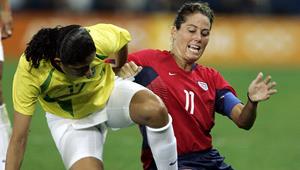
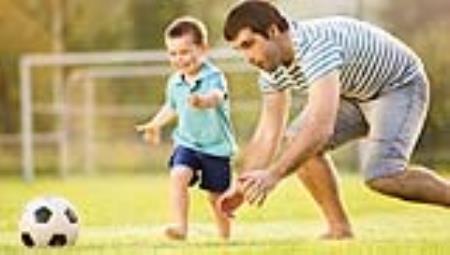

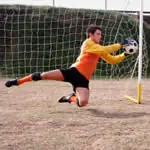

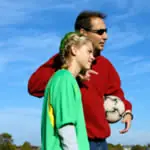
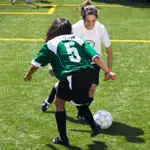
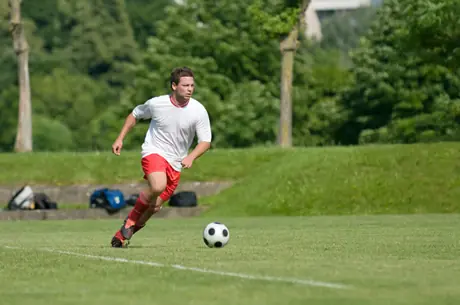
Discuss This Article